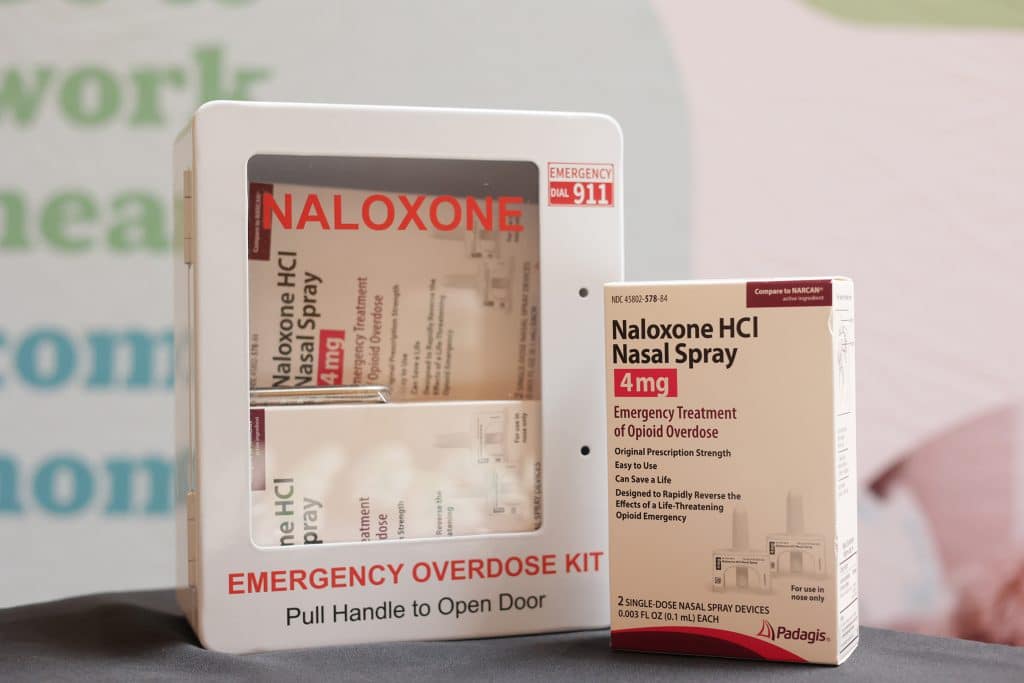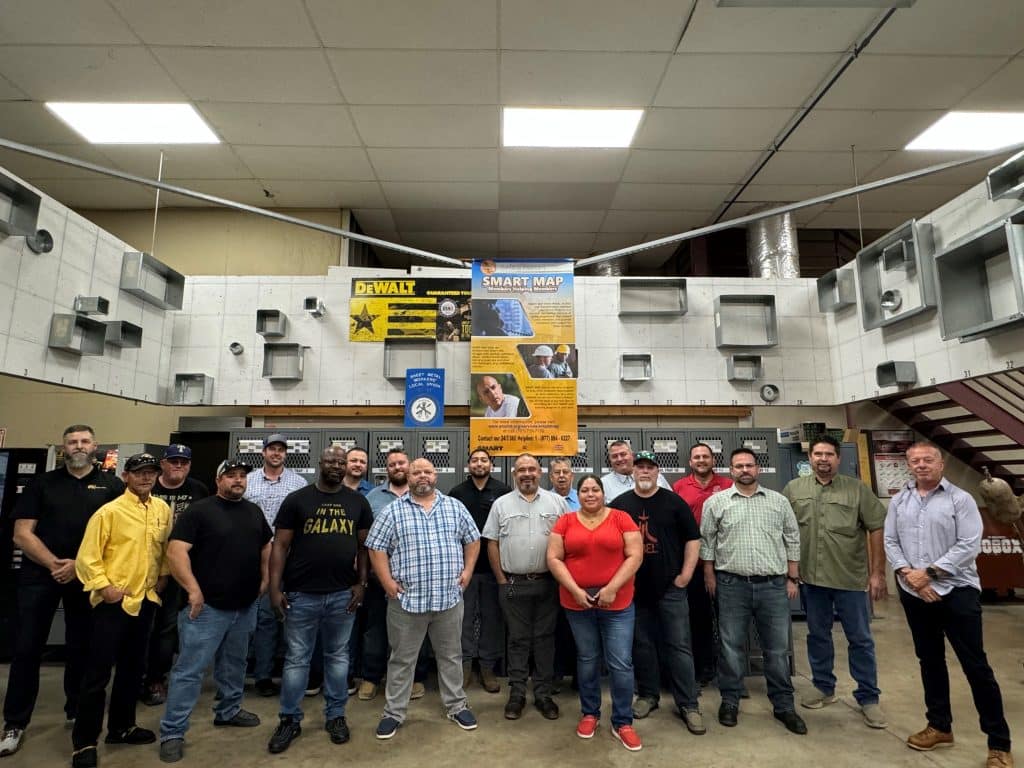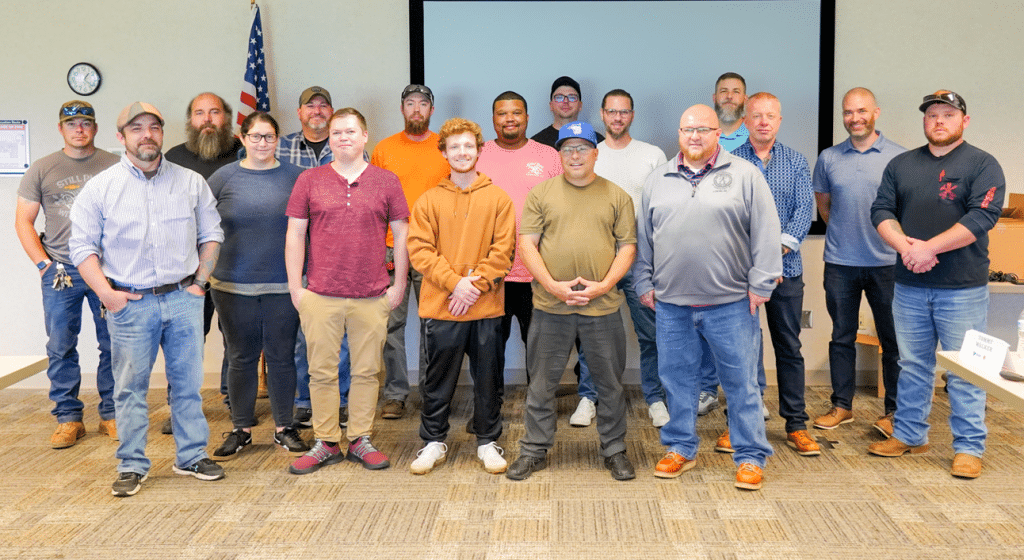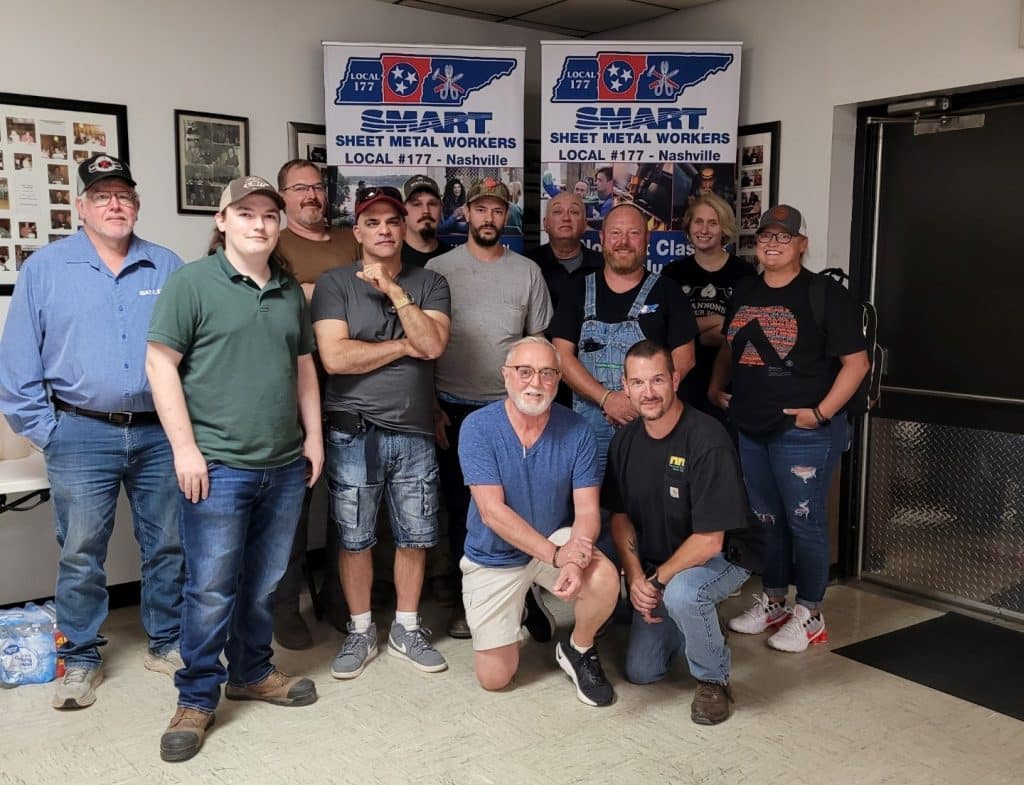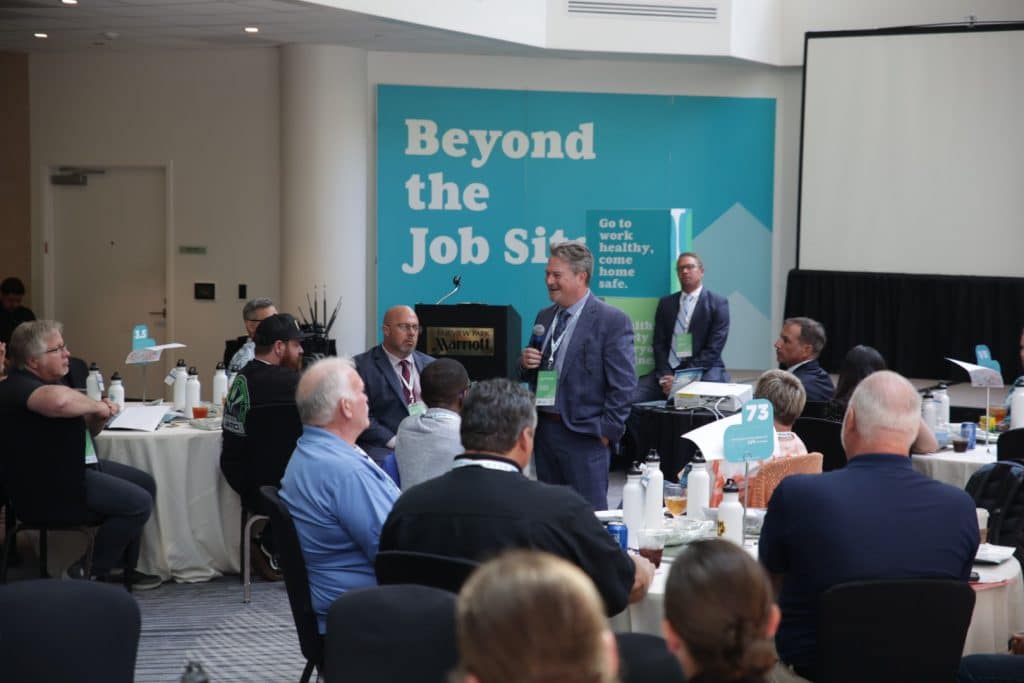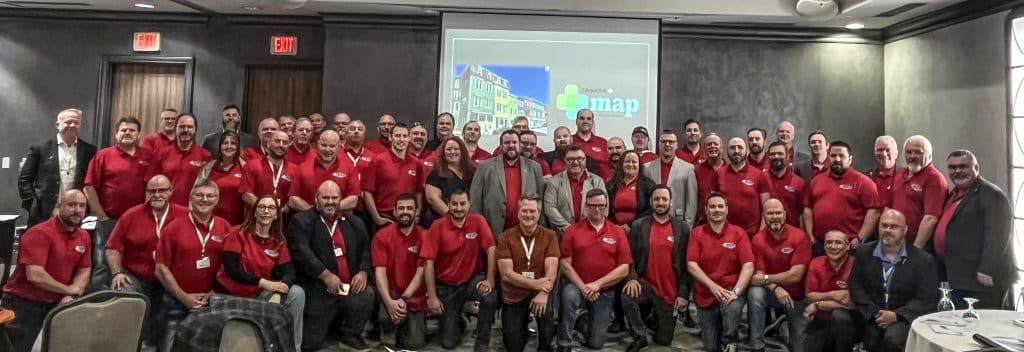In the construction industry, suicide is an urgent crisis — one that isn’t talked about nearly enough.
“Suicide in construction makes up 40% of the suicide rates in the country, even though construction workers are only 7% of the workforce,” explained Local 85 (Atlanta, Ga.) third-year apprentice Dee Lee in a recent SMART News video.
That’s why Lee and Nathan Allred, assistant shop foreman at RF Knox, decided to take action: organizing the first-ever Healing for Hardhats 5K event to raise money for suicide prevention.
The 5K took place in early September to coincide with national Suicide Awareness Month. Money raised during the event went towards the United Suicide Survivors International and the 2026 Construction Mental Health and Wellbeing Conference. Specifically, funds went to scholarships for apprentices, students and individuals with lived experience who may not otherwise have the resources to attend the summit.
For Allred, a seven-year member of Local 85, the mission is personal.
“I’ve had family members and friends die by suicide, so it’s something that hits really close to my heart,” he said, noting that he “had brushes with suicide attempts” and is a “two-time survivor.”
“The whole event is just tied around solidarity,” Allred added. “As construction workers, we try to take on a lot by ourselves … this shows that you don’t have to do it alone.”


For Local 85 Business Manager and Financial Secretary-Treasurer Steve Langley, the event showed exactly what it means to be union.
“Mental health was something [that] when I was a kid … nobody talked about,” he explained. “It was something you didn’t talk about, it was something you hid.”
Today, he continued, attitudes have changed for the better.
“It’s become, ‘don’t be scared of your mental health. Get help. We’re here to help you.’ And that’s what a union is.”
Lee, who previously organized a Unions Unite community service project in the Atlanta area, emphasized how important it is for unions to collaborate on events like Healing for Hardhats — events designed to benefit all members and working families.
“The community that we’re building between local unions here is about building solidarity amongst the trades in Atlanta,” she said. “Because overall, we’re stronger when we fight together.”
